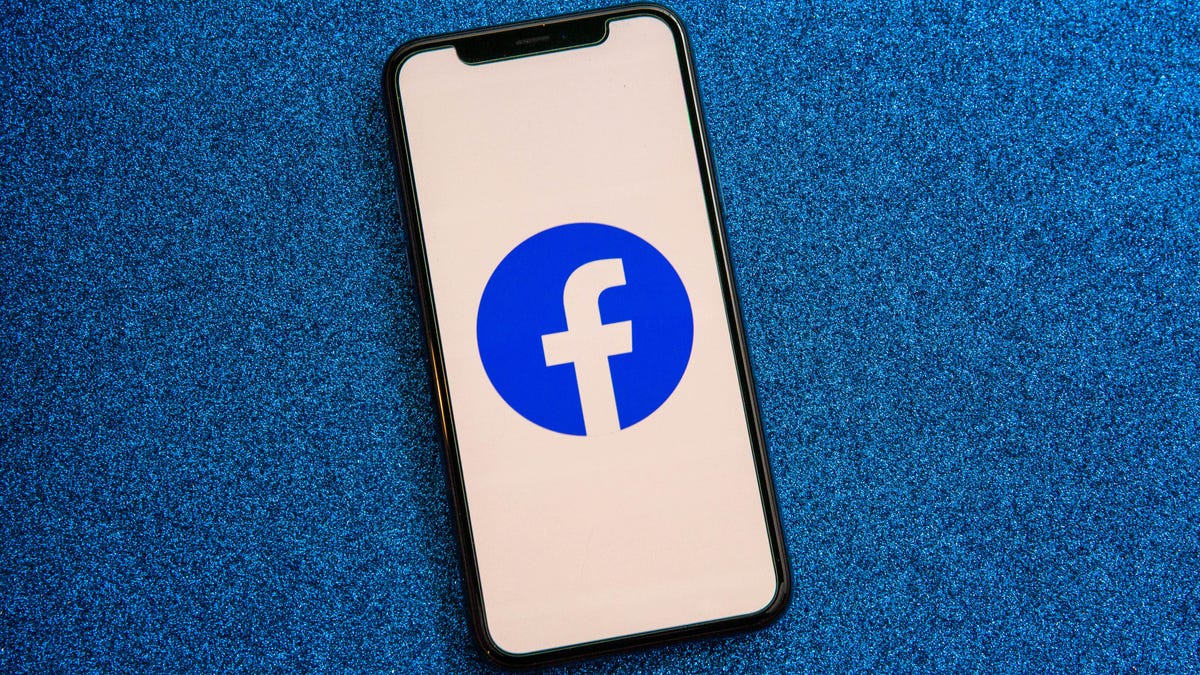Facebook's request to dismiss FTC's antitrust lawsuit has been denied
A federal judge rules that the Federal Trade Commission's revised complaint can move forward.

The FTC alleges that Facebook illegally stifled its competition by snapping up its rivals, such as Instagram and WhatsApp.
A federal judge on Tuesday rejected Facebook's request to dismiss a revised antitrust complaint filed by the US Federal Trade Commission.
The amended lawsuit, which the FTC filed in August, accuses the tech company of unlawfully maintaining its dominance in social networking by acquiring or eliminating companies it sees as competitive threats. Facebook, which in October rebranded itself to Meta, owns popular photo service Instagram and messaging app WhatsApp.
The decision marks a legal setback for Facebook, although US District Judge James Boasberg also noted that the FTC "may face a tall task down the road in proving its allegations." The judge also narrowed the scope of the case by not allowing the agency to move forward with accusations that Facebook's interoperability policies for developers helped the social media giant maintain its dominance. Facebook got rid of those policies in 2018, he said.
Last year, Boasberg dismissed an antitrust complaint filed by the FTC in 2020, saying the agency hadn't provided enough evidence that Facebook has monopoly power in personal social networking. What constitutes a social network is "hardly crystal clear," the judge said, noting that Facebook's services are free to consumers. The FTC then revised the lawsuit and included more data and evidence to support its allegations that Facebook is a monopolist that abused its market power to harm its rivals. Facebook's purchase of Instagram and WhatsApp lead to poorer services with decreased privacy and data protection along with fewer consumer choices, the FTC alleged.
In a 48-page opinion filed Tuesday, Boasberg said the FTC had cleared the bar for the case to move forward, saying the agency has "now alleged enough facts" to establish that Facebook possesses monopoly power it's held onto by snapping up its rivals.
In the amended complaint, the FTC cites data from Comscore that shows the number of monthly active users Facebook and Instagram have in the US and the amount of time they spend on the app daily. The FTC also defined personal social networking, noting that the services "enable and are used by people to maintain personal relationships and share experiences with friends, family, and other personal connections in a shared social space." Twitter, Reddit, Pinterest, YouTube, Spotify, Netflix and Hulu are different from personal social networks for various reasons, the agency said.
Facebook questioned the accuracy of the data, but the judge said it would be "improper" to dismiss the revised complaint because it doesn't include "perfect data (which may not exist)" about the amount of time Facebook and Instagram users spend interacting with friends and family as opposed to watching content such as music videos.
The court also rejected Facebook's argument that FTC Chairwoman Lina Khan should have recused herself from participating in the commission's vote to refile the lawsuit. The FTC filed its original complaint in December 2020, before Khan joined the commission in June.
"Although the Court recognizes the importance of her vote, it is an exaggeration to treat Kahn as the sole instigator of the current case," Boasberg said in the opinion.
A spokesperson for Meta, formerly known as Facebook, said "the evidence will reveal the fundamental weakness of the claims"
made by the FTC. "Our investments in Instagram and WhatsApp transformed them into what they are today. They have been good for competition, and good for the people and businesses that choose to use our products," the spokesperson said.
Holly Vedova, director of the FTC's Bureau of Competition said the "FTC staff presented a strong amended complaint, and we look forward to trial."

